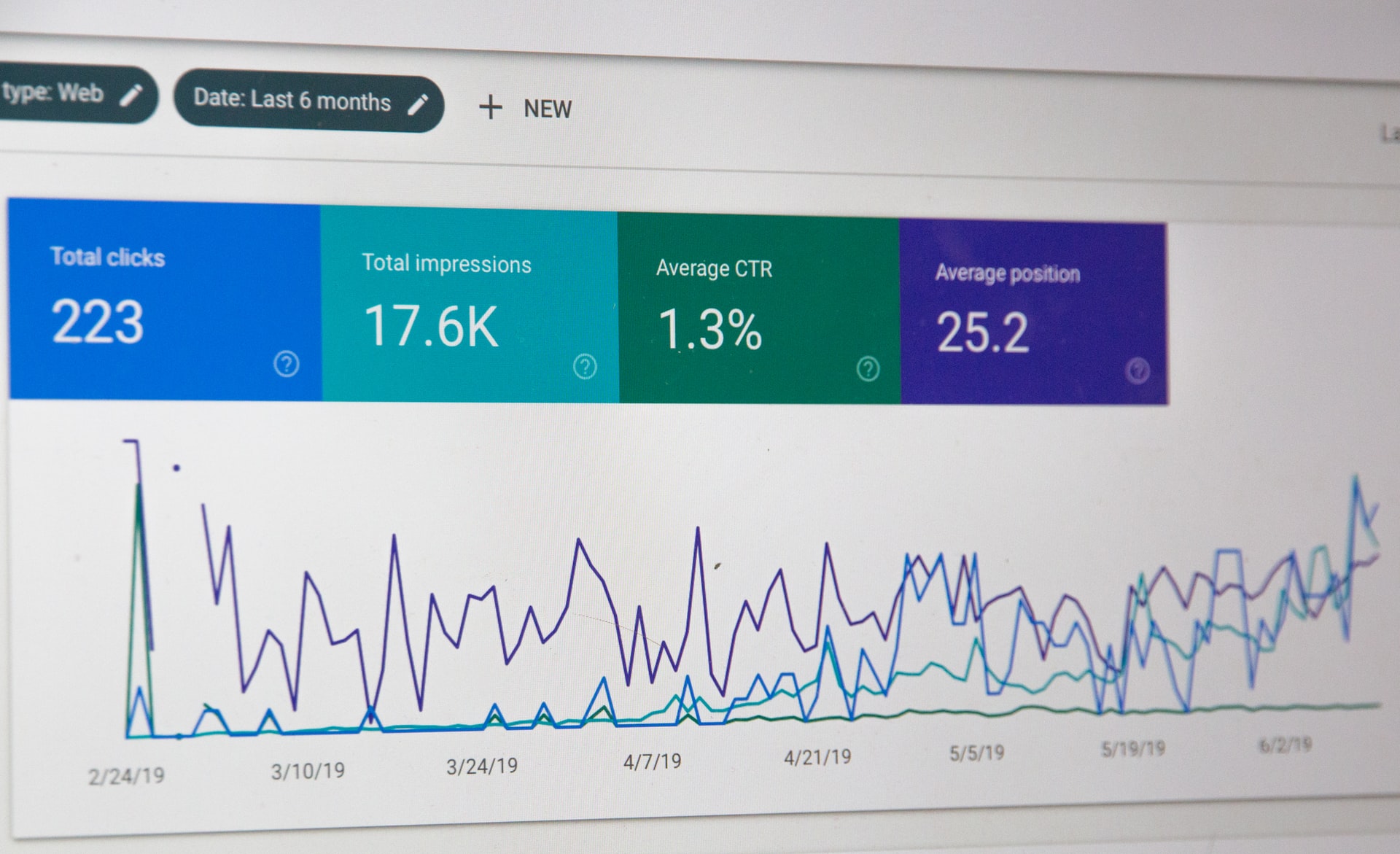Why You Need to Think About SEO When Selling a Home
You’ve created a property listing with your estate agent, and you think it’s looking pretty great. You’ve got professional images, and crafted an appealing home description that should get buyers hitting the contact button.
But how will buyers find this page among the billions already populating the web?
Time for you and your estate agent to get familiar with estate agent SEO.

A 30-second explanation of search engine optimisation (and why you should care)
SEO — or search engine optimisation — is all about making your page easy to find online. Since 99.9% of the world finds stuff online through sites like Google, you need to help them see your page as a great match for people typing in certain words and phrases.
These days, home listings are at buyer’s fingertips, anywhere at any time. Without a strong digital presence, you could be missing out on a huge opportunity to get your home sold quickly at your initial asking price.
Then there’s SEO for estate agent websites
Similar to Google, estate agent websites act as a search engine that help buyers quickly find the home of their dreams.
Most highly trafficked consumer estate agent websites act as search engines for home buyers. When a buyer goes to an estate agent website, they can type in a desired geographical area, then use filters to help narrow down their search.
The good news is: you can work with an agent to optimise your home listing to boost your listing’s visibility on the web and drive buyers to it.
Keep in mind that in SEO, if you’re not first, you’re last.
In fact, studies indicate that more than 70% of searchers will click on a result on the first page. Of that, 33% of those people click on the page that ranks in the first position, and 15% click on the second ranking page.
On the first page alone, the first five organic results account for 67.60% of all the clicks, and the results from 6 to 10 account for only 3.73%. If you’re like most searchers, you prefer clicking on organic results as opposed to clicking on paid ads. As noted by the CTR stats above, simply paying for Google Ads is not enough. And we are not just saying that because we are a leading Dublin SEO company.
Studies indicate that “71.33% of searches resulted in a page 1 Google organic click”. Page two and three only get 5.59% of clicks. On the first page alone, the first five results account for 67.60% of all the clicks, and the results from 6 to 10 account for only 3.73%.
Advance Metrics
So what’s left? A measly 15% of all traffic – Going to the Google Paid Ads (PPC), or trying a different search. Or giving up.
That’s pretty staggering. If you think you are getting the most bang for your buck with your Google Ads campaign, I challenge you to reframe your thinking. You are paying for high-cost ads that may provide instant gratification, but in the end provides zero long term investment, minimal CTR (click-through rate) per dollar spent, and does little to heighten brand credibility.
Organic rankings always equate to higher quality traffic that is much easily converted to a lead or sale.
Having placement in the organic results creates a sense of trust in the user, and when you are in the top 5 results, you are simply getting more of that traffic on a monthly basis. Can you guess which websites are more likely to receive more leads and sales? Yes, the websites receiving traffic from the more trusted organic results. Organic rankings always equate to higher quality traffic that is much easily converted to a lead or sale.

Here are 3 things that will boost your estate agent SEO in no time
There are a variety of factors that influence whether property achieves that top spot in search results. So many factors go into the algorithms these days that even Google engineers can’t tell you exactly why someone ranked the way it did.
But here’s what we know works because we’ve seen it time and time again:
- Include sought-after keywords.
Your property listing should include the keywords that your ideal buyer would search for. Words like “find a house in West Cork” or “2 bed, 2 bath.” But that doesn’t mean you should “stuff” attractive words that buyers like into a home description. Search engines are smarter than that. Instead, you’ll want to select the targeted words you want to highlight, and then use them naturally throughout compelling copy. Be sure to include your keywords in the title of the posting, within the URL, throughout the content on the page, and in the titles of the images you post. The types of keywords to include in your title could be “single-family home”, “terraced”, “semi-detached”, “red brick”, or “5 bedroom”. Ask your estate agent what keywords they like to use. These are just a few examples of common keywords buyers will use to filter their search. Features like a pool, hot tub, or office space should be included within the description but won’t take priority since they’re secondary features that buyers want.
- Add a handful of variations on your keywords.
Search engines are machines, they don’t read text the way that humans do — they often lack context clues. That’s why adding specific keywords to your copy is great, but you need to expand on those and use slight variations of them to cover all your bases. For example, if you target “outdoor jacuzzi” in your listing, you should think of other ways a buyer might look for that feature and what they might search. Additional words to include might be “hot tub outdoors”, “massage water jets”, or “outdoor spa”.
- Share your listing on social media.
The more eyeballs you get to your listing the better, and the more upvotes, likes, and retweets the better too. Social signals refer to a web page’s collective shares and visibility on various social media platforms (like Facebook or Twitter, LinkedIn or Instagram). Improving these metrics often correlates with better rankings on Google search.
More quick SEO tips that will help drive buyers to your listing
Your estate agent is the key to SEO success, so it’s crucial to discuss a strategy with them. But before you come in hot, making accusations about a lack of this digital practice, do your homework. There are a few things you can look for to check your agents’ work.
- Does your estate agent’s website have client reviews?
If you’re creating a property listing on your estate agent’s website (instead of, or in addition to, other public estate agent sites) you should check their client reviews for a few reasons. Aside from gauging their success rates, the presence of client reviews actually helps a website rank over its competitors. Google takes positive reviews into account when determining which websites to showcase in the top results.
- Does the title of your property listing highlight primary features?
This element of your listing is easy to optimise and can help you rank higher than other sellers you’re competing against. Titles are a top consideration for both search engines and buyers browsing homes in the search results. Make sure your title calls out your home’s biggest sells and features. These same keywords should also appear through your listing’s content.
- Do the images in your property listings use keywords?
If you hover your mouse over an image, it will often show the title of that image. Be sure that the image on your property listing is optimised to include a description of the picture and doesn’t just list a series of random letters and numbers. Search engines are able to look at those the images as another clue to determine what your home listing page is about and rank it accordingly.
- Are local SEO practices baked into every level of your listing?
You’ll want to think about local search terms that buyers might be looking for. For example, including schools that are around your property will capture the attention of buyers looking for these.
Are you ready to take your estate agent SEO to the next level?
Don’t let the long hours you spent creating a great property listing page go to waste. The visibility of your listing is in your control, so it’s time to capitalise on that and increase the number of interested buyers.
Using SEO best practices will increase traffic to your property listing and ultimately help you sell your home faster at the initial asking price. To make this happen, work with your estate agent from the get-go to talk about your SEO game plan.